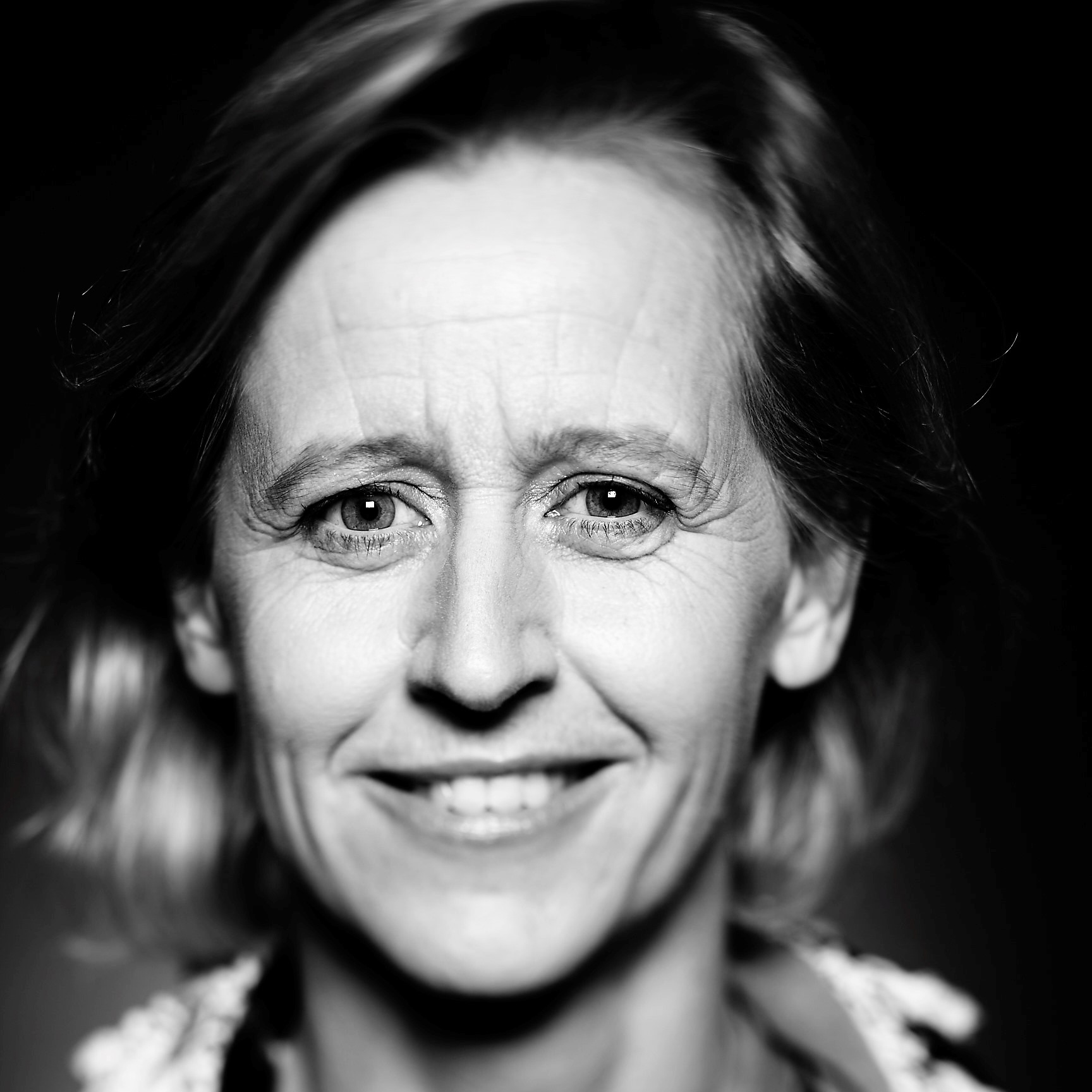 \
&
Contact us
\
&
Contact us
 \
&
Contact us
\
&
Contact us
As an institutionalised public-private partnership, Clean Hydrogen Joint Undertaking (JU) brings together the European Commission (the public sector), Hydrogen Europe and Hydrogen Europe Research (representing the hydrogen industries and hydrogen research community respectively) so as to bring together as many relevant actors as possible across the whole clean hydrogen value chain. It considers all sectors of the economy, but especially the hard-to-abate ones like transport and heavy industry.
In support of the European Green Deal, the Clean Hydrogen JU aims to accelerate development and deployment of European clean hydrogen technologies, contributing to a sustainable, decarbonised and fully integrated energy system. It contributes to the European climate neutrality goal by producing noticeable, quantifiable results towards the development and scaling up of hydrogen applications. This will help develop a number of hydrogen technologies, which are currently either not competitive or have a low technology readiness level, but are expected to contribute to the 2030 energy and climate targets and most importantly make the goal possible of climate neutrality by 2050.
The EU will support the Clean Hydrogen JU with €1 billion euro for the period 2021-2027, complemented by at least an equivalent amount of private investment (from the private members of the partnership), raising the total budget to above €2 billion euro.
As an institutionalised partnership, Clean Hydrogen JU has its own work programmes.
Partnerships group the EC and private and/or public partners, to coordinate and streamline the research & innovation initiatives and funding in some selected key domains.

Ria.debreucker@vlaio.be
Autoship is, as the name suggests, an acronym for autonomous ship. Just like with self-driving cars, the possibilities of an unmanned boat seem endless. It can create more efficient freight transport, around the clock deliveries and these are just a few of the examples. The project has two societal challenges.
At first, De Vlaamse Waterweg was a bit hesitant as their experience with FP7 or Horizon 2020 projects was limited and they had not been very successful up until then. The fact that they were already doing basic research on the topic of autonomous boats, and the administrative help of NCP FLanders helped De Vlaamse waterweg to cross the line and get involved.